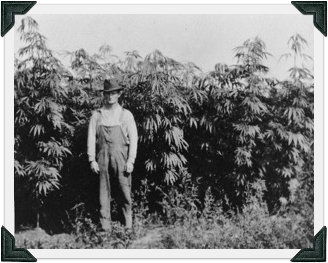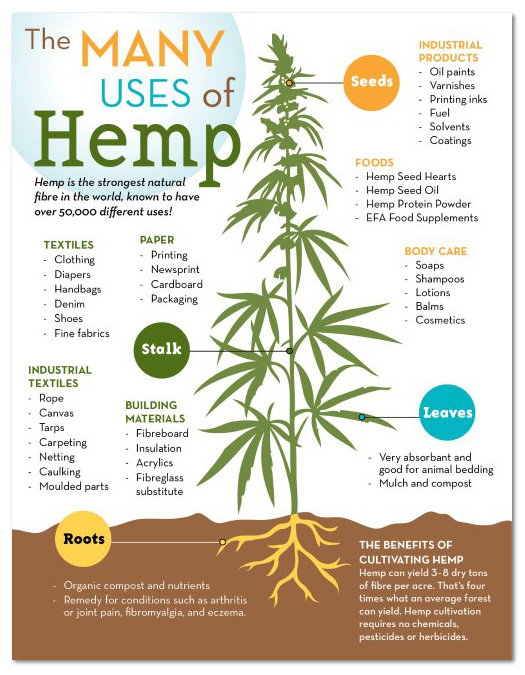For more than ten thousand years, humans have cultivated hemp for its nutritional, medicinal, and industrial properties. Every part of the plant offers huge value:
- Flower: powerful medicinal and spiritual properties
- Seed: full of protein, amino acids, and the essential fatty acids required to sustain human life
- Stalk: source of one of the world’s strongest natural industrial fibres
- Roots & leaves: feed the soil with valuable nutrients – a farmer can grow multiple crops of hemp per season in the same field for 10 years in a row without seeing a decrease in soil nutrients
There’s no easier plant to grow… The hardy hemp plant thrives in almost any environment without the need for pesticides or herbicides.
It really is proof that Mother Nature loves us!







